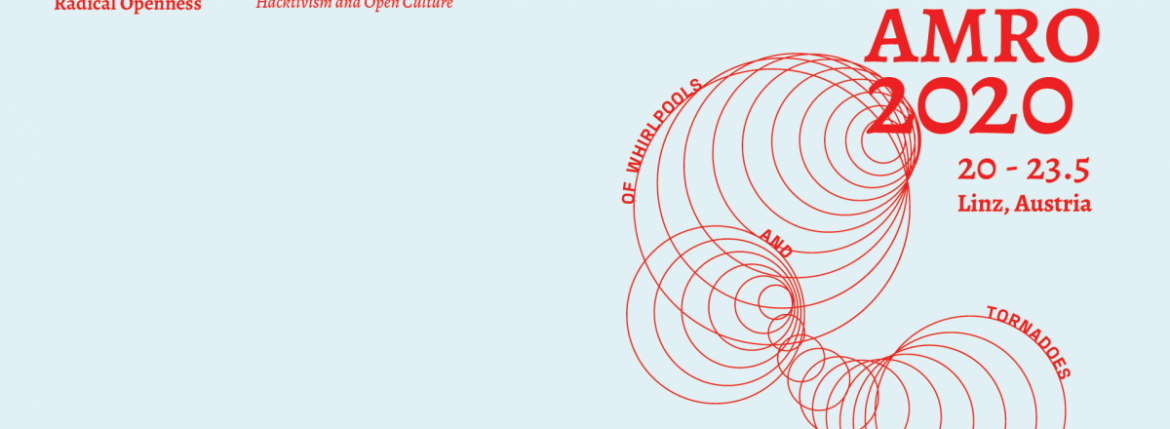Panel: Beautiful seams: Unraveling the Intelligence of everything (#AMRO2020)
Narratives of “smartness” are extending to all areas of life: cities, homes and things. These narratives are dominated by “the smartness mandate” promising that innovation and technology will provide solutions to various crises of our planet. Any economic, environmental or security threat, like the ongoing pandemic, becomes a possibility for smart growth and optimization for those wishing to profit from the 4th industrial revolution.
The persuasive aesthetics and rhetorics of “smartness” presents a vision of a future in which humans and machines merge seamlessly into an “intelligence of everything”. The collective intelligence that “smartness” relies on draws upon data collected from populations. Hence, the ideal smart citizen turns into sensing nodes of our urban environments.
Our four panelists discuss alternatives to these dominant narratives of “smartness” by embracing the “beautiful seams” of the seamless ideal of today’s ubiquitous computing. They bring forth examples of citizen, artist and design initiatives, which make us aware and enable us to understand what actually happens in the networked surrounding of our devices, homes and cities.
Video stream will be available here after the festival.
Panelists:
Anuradha Reddy is a PhD candidate in Interaction Design at Malmö University, Sweden. Her research tackles matters of ethics and responsibility in IoT at the most intimate level, where we are currently experiencing a clash between data-driven logics, the messiness and material needs of everyday life, and societal values at large. Grounded in feminist ethics, her work attempts to show how a feminist approach can pave the way for a total re-orientation of how IoT should be developed and used. Anuradha has an interdisciplinary background in Engineering and Design that combines her ability to prototype and experiment with novel design methods.
Twitter: @anu1905
Website: http://anuradhareddy.com/
Bastien Kerspern is an interaction designer specialised in public innovation. He believes in innovation by transgression with a huge dose of cultural jamming inherited from digital subcultures. With a strong experience on designing participatory experiences, he pushes experiments in public debates and design for controversies. Interested in mundane frictions and uncanny narratives, his current works explore how digital technologies and related innovations might influence social models. Bastien also carries a discrete, but stubborn, passion for experimenting with interactive writing processes. Aside Design Friction, Bastien is also an associate designer at Casus Ludi and a visiting lecturer on the topics of design fiction and games for futures (L’École de Design Nantes Atlantique, Umea Institute of Design, AHO Oslo).
Twitter: @Kastien
Website: http://design-friction.com/
Özgün Eylül İşcen is currently a Ph.D. candidate in the Program of Computational Media, Arts and Cultures at Duke University, United States. Her dissertation examines the current applications of computational media within the context of the Middle East, thereby underlining wider flows of technology, culture, and capital. She has a background in media, film and soundscape studies. She has presented her work at multiple academic and art institutions, as well as published in a variety of edited book volumes, academic journals, and art catalogs. She received her BA in Sociology from Koç University, Turkey, and MA in Interactive Arts and Technology from Simon Fraser University, Canada.
Website: https://cmac.duke.edu/people/ozgun-eylul-iscen

